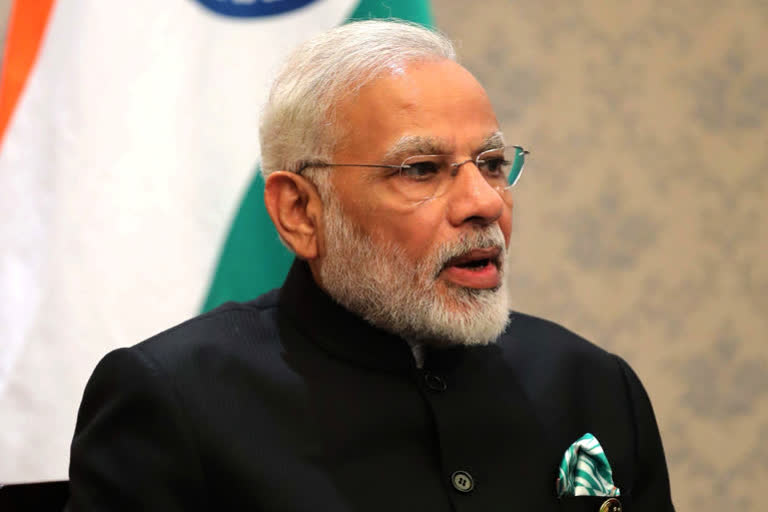New York: Prime Minister Narendra Modi on Wednesday met 42 top American business leaders in New York on the sidelines of UNGA session in a bid to boost commercial linkages between India and USA.
It is being said that Modi is the only leader to have gathered so many CEOs of top global companies at UNGA.
Union Commerce Minister Piyush Goyal also attended the meeting.
"The engagements in New York continue, so does the focus on business, trade and investment ties. All set for the CEO Roundtable, where PM @narendramodi will interact with top American business leaders," Prime Minister's Office (PMO) said in a series of tweets.
"Captains of industry interact with PM @narendramodi in New York. The extensive agenda includes harnessing investment opportunities in India and boosting commercial linkages between India and USA," the PMO said.
Ministry of External Affairs spokesperson Raveesh Kumar said in a tweet, "How many of the 42 CEOs of the top global companies in the frame with PM @narendramodi can you identify? PM at the CEO Roundtable in New York highlighted the steps taken by India to build a $5 trillion economy. Global business community is upbeat about the India success story."
Also Read: If you want to invest in market where there's scale, come to India: Modi
Before this, Modi met former Mayor of New York City, Michael R Bloomberg ahead of his address at the Bloomberg Global Business Forum.
Bloomberg is one of the founders, CEO, and owner of Bloomberg LP, global financial services, software, and mass media company that bears his name. He served as the 108th Mayor of New York City, holding office for three consecutive terms.



